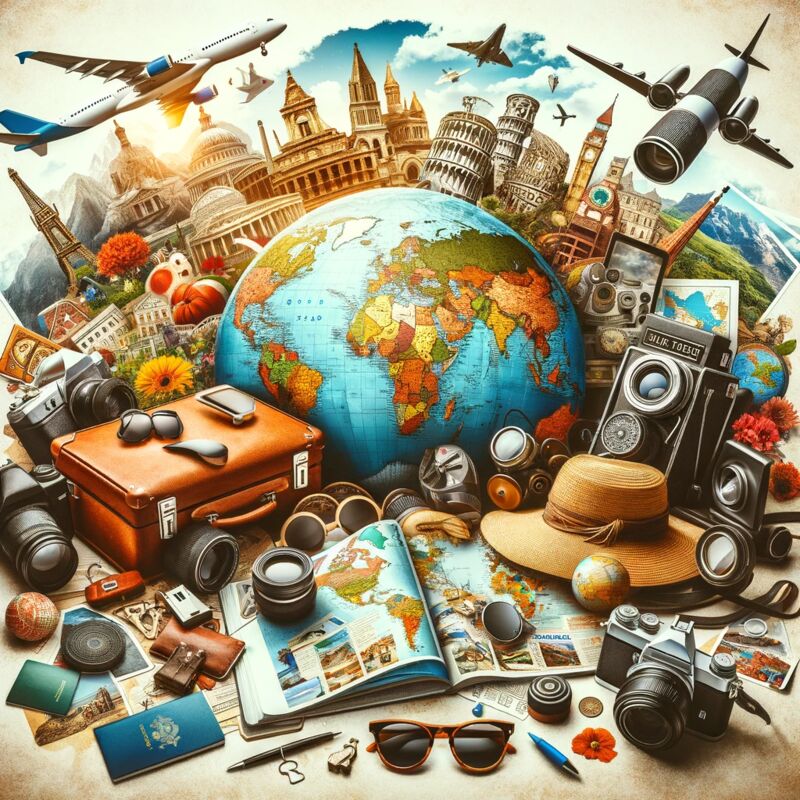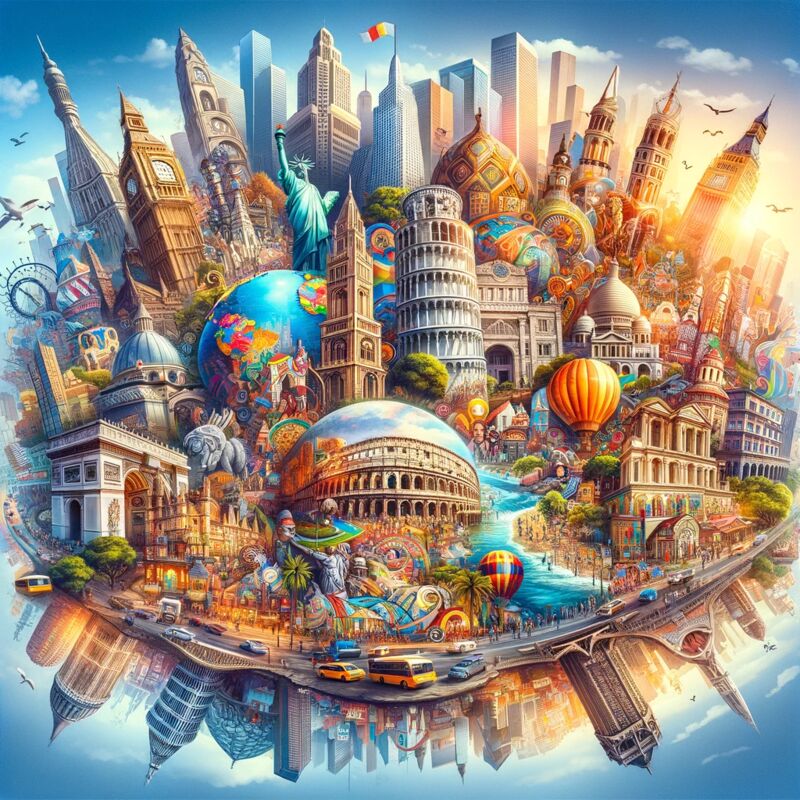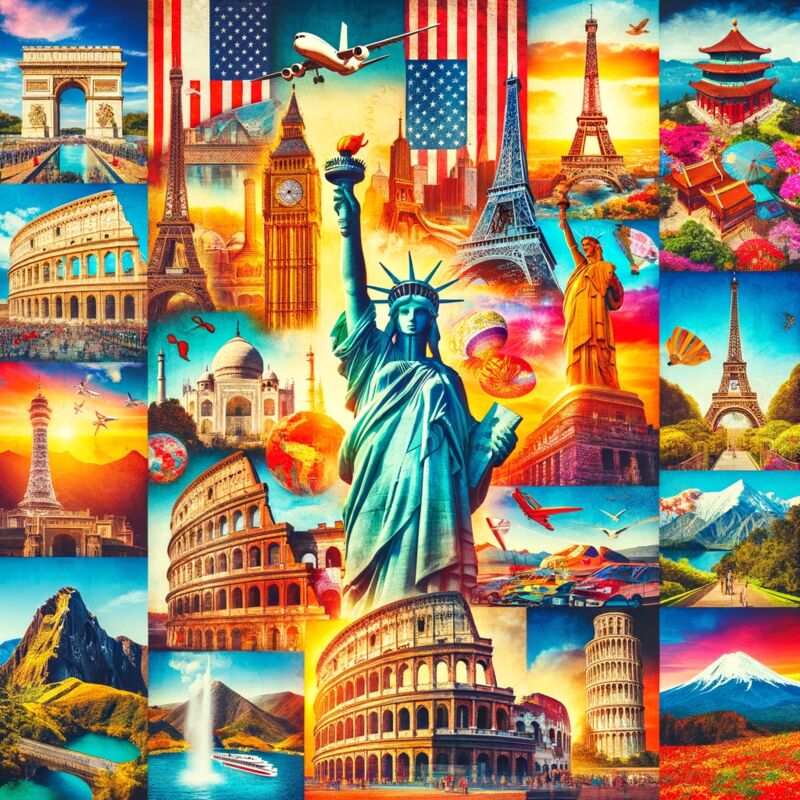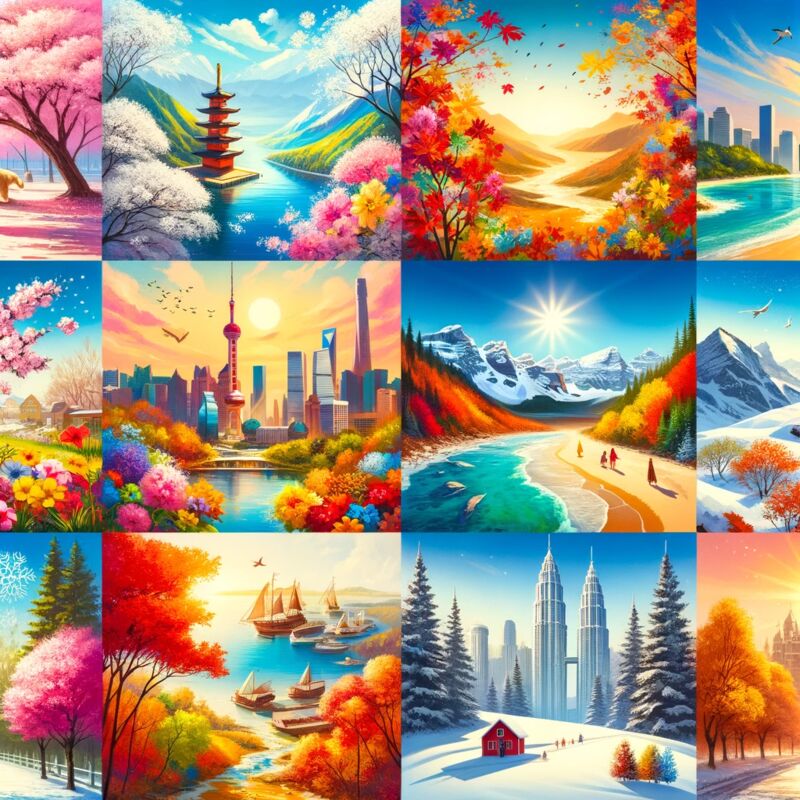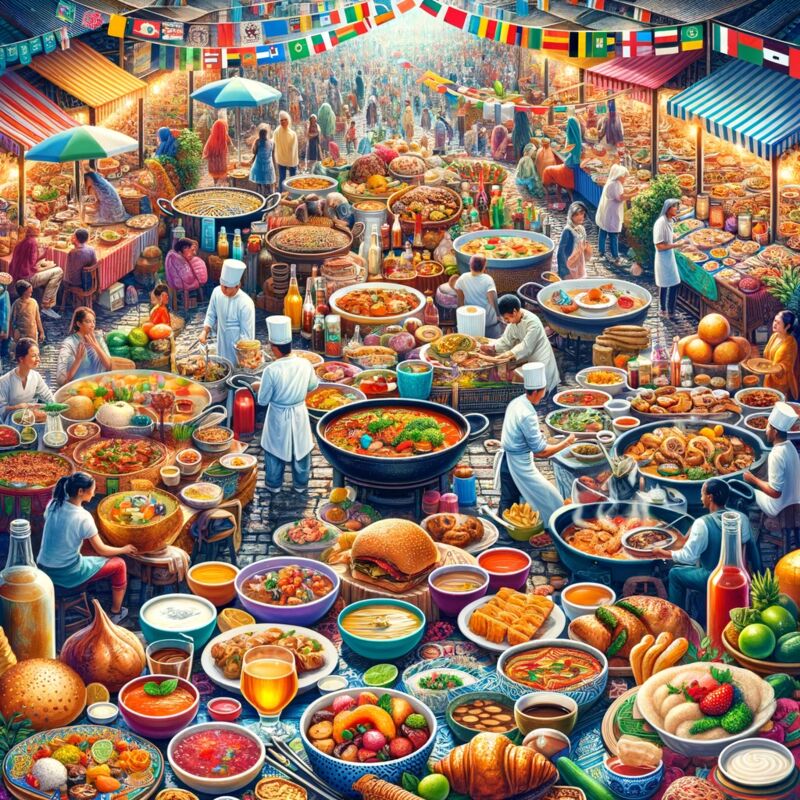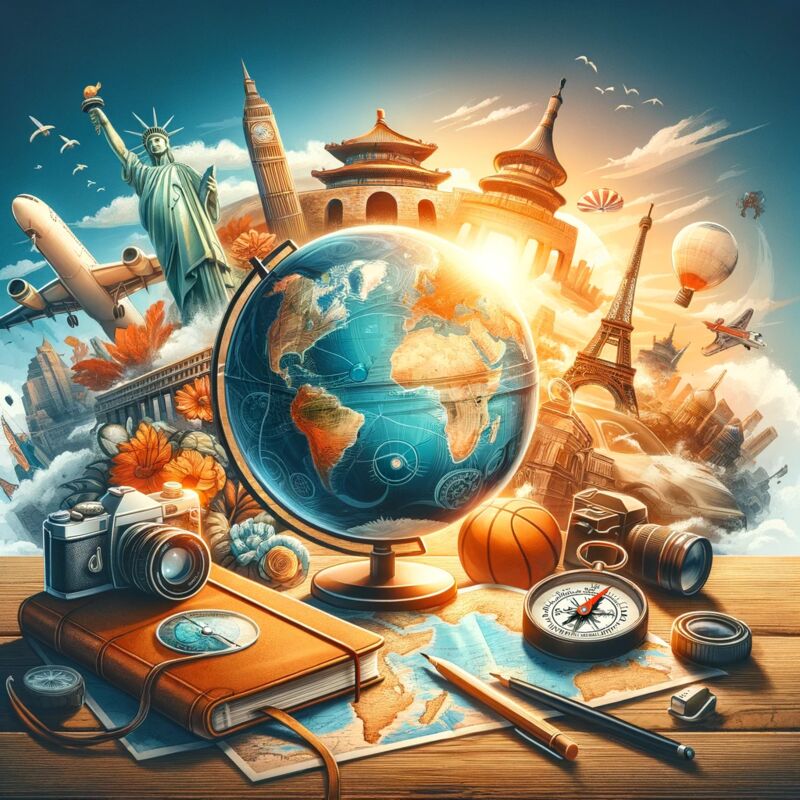The Cultural Tapestry of Malaysia
Welcome to Malaysia, a country where age-old traditions blend harmoniously with modern life, creating an intricate cultural tapestry as diverse as its people. Here, we will immerse in the local way of life, exploring the vibrant customs, celebrations, and daily practices that make Malaysia truly unique.
Multicultural Harmony
Malaysia is proudly multicultural, with Malays, Chinese, Indians, and various indigenous groups living together in peace. This multiracial mix has given rise to a fascinating cultural mosaic, evident in the country's festivals, food, architecture, and languages. The official language is Bahasa Malaysia, but do not be surprised to hear the hum of Cantonese, Tamil, or the various dialects of the indigenous communities.
Festivities and Celebrations
Malaysian festivities are a riot of color, sound, and flavor. Hari Raya Aidilfitri (Eid al-Fitr), Chinese New Year, and Deepavali are celebrated with gusto, bringing everybody together.
- Houses are thrown open, and delicious feasts are prepared.
- Lanterns and firecrackers light up the streets during Chinese New Year.
- The Festival of Lights, or Deepavali, sees homes adorned with brightly lit oil lamps.
Culinary Delights
Mouthwatering food is an essential part of Malaysian culture. From roadside stalls to cafes, the aroma of spices and herbs fills the air, promising delights such as:
- Nasi lemak - the national dish, with coconut rice and various accompaniments.
- Char kway teow - a popular noodle dish from the Malaysian Chinese community.
- Roti canai - an Indian-influenced flatbread, crispy and fluffy at the same time.
Malaysia's food scene is a testament to its cultural melting pot, satisfying palates and bringing people together over shared tables.
Traditional Attire
Malaysian traditional clothing varies among ethnic groups. Malay men often wear baju melayu, while women don baju kurung or kebaya. Indian Malaysians might wear saris or dhotis, while Chinese Malaysians may opt for the silk cheongsam. Attires are donned especially during those grand festivals, adding to the nation’s rich tapestry of traditional dress.
Crafts and Artistry
Malaysian handicrafts are a window into the soul of its people. Skills passed down through generations manifest as:
- Batik fabric, with its mesmerizing patterns and colors.
- Wickerwork and rattan weaving, creating everything from baskets to furniture.
- Woodcarving, especially in Malay houses and palaces, representing nature and folklore.
These crafts not only highlight the artistic talents of Malaysians but also carry significant cultural symbolism.
Respecting the Culture
As travelers immerse themselves in the local way of life, respecting local customs and traditions is crucial. Here are a few tips:
- Remove your shoes before entering someone's home or a place of worship.
- Dress modestly, particularly when visiting religious sites.
- Always ask for permission before taking photos of people or cultural sites.
Conclusion
The heritage and traditions of Malaysia are a testament to the nation's rich historical tapestry. Whether it is through savoring the local cuisine, participating in the festivals, wearing traditional attire, or appreciating its crafts, every aspect offers a glimpse into the heart of Malaysia's cultural identity. Embrace the opportunity to experience and honor the unique customs of this vibrant nation.

